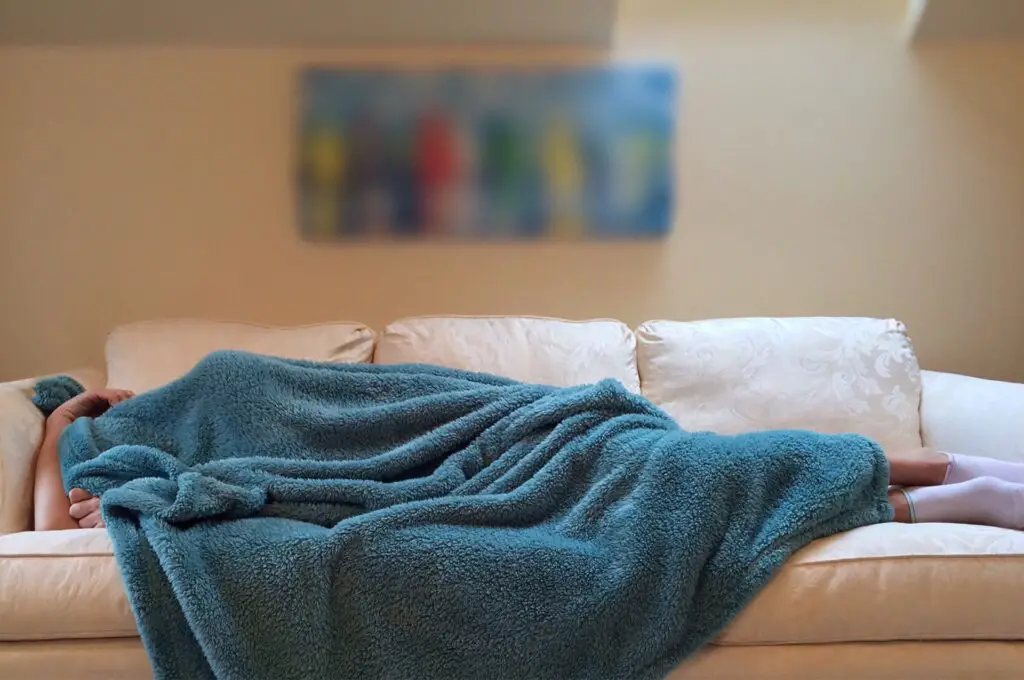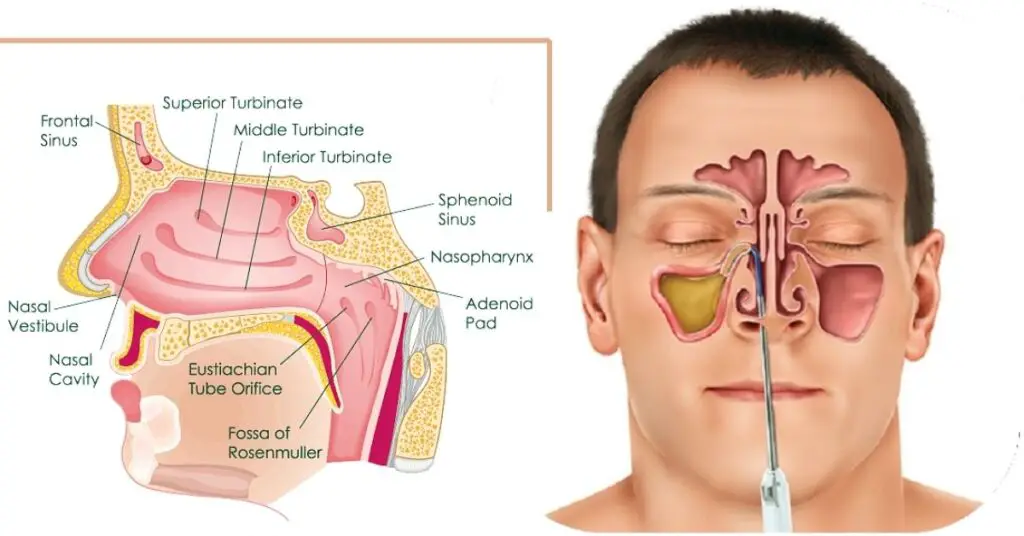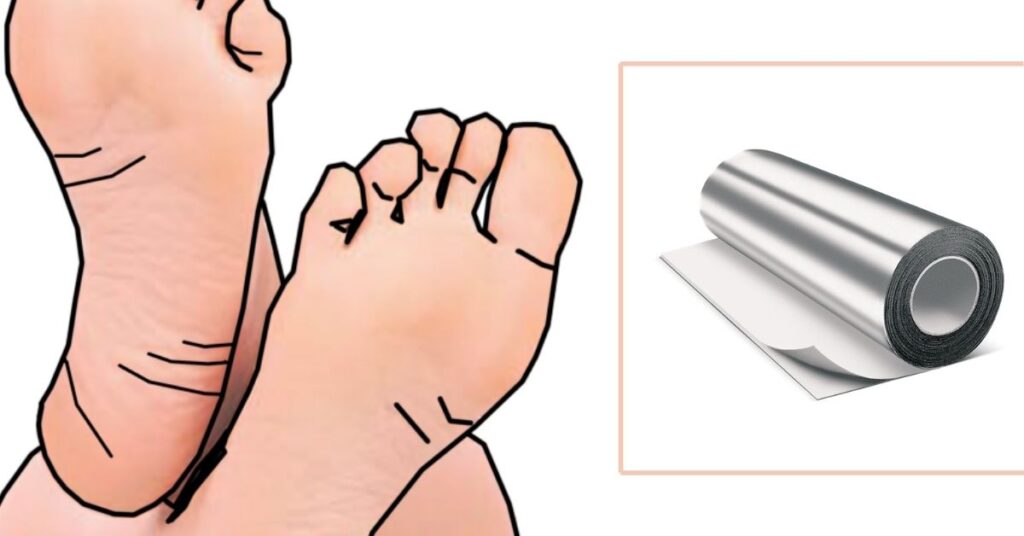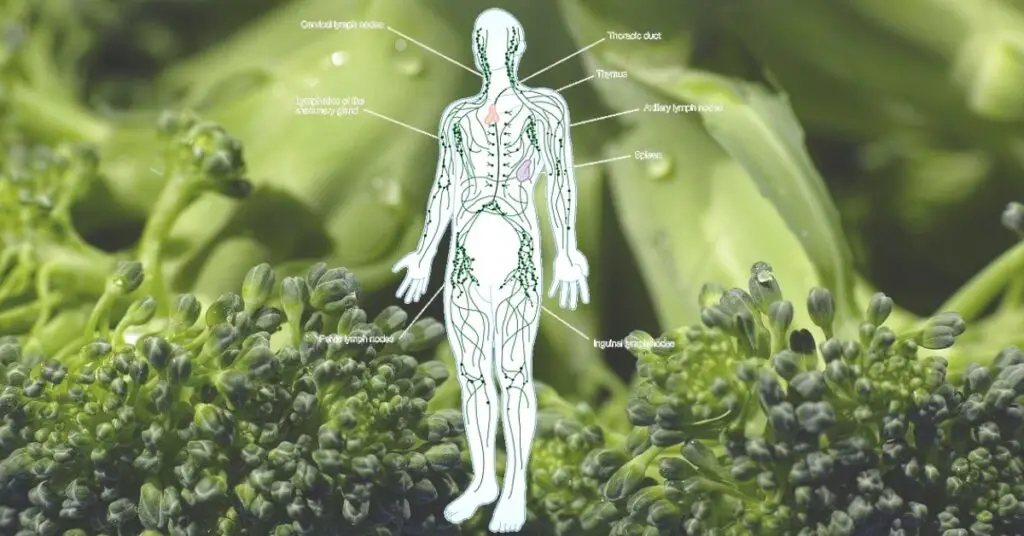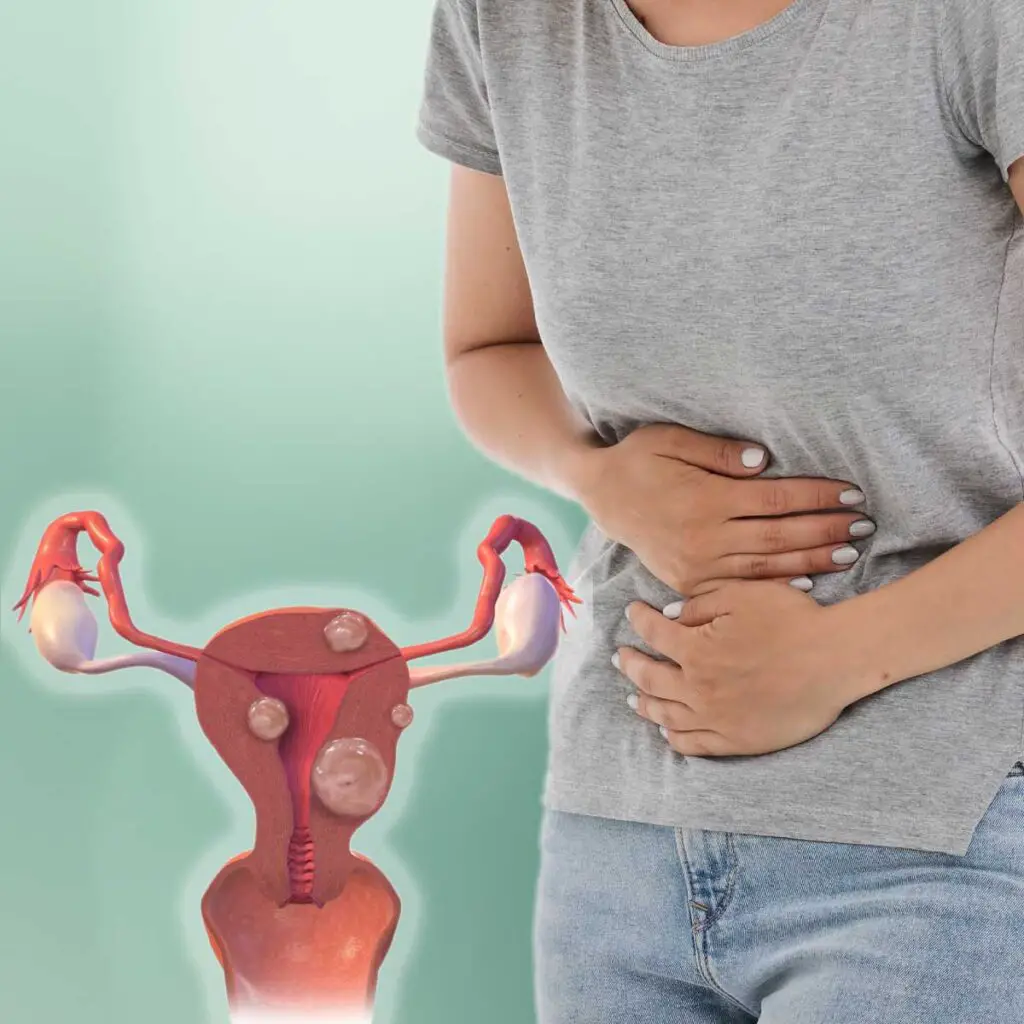Sleeping is essential for your health
Getting enough sleep is of utter importance for the proper functioning of the human body. A lack of sleep may seem an unimportant issue, but if it accumulates over time, it may have detrimental effects on the overall health.
Chronic sleep deprivation is related to increased activity of the nervous system. The constant activation of the nervous system leads to chronic stress, metabolic issues, and chronic systemic inflammation.
Also, chronic systemic inflammation increases the risk of cardiovascular disease, gastrointestinal disorder, diabetes, arthritis, anxiety and depression, pain in the body, weight gain, and infections.
Moreover, a lack of sleep can also contribute to mood disorders and memory loss, as well as reduce the quality of life.
A daytime nap could be beneficial for your health
According to health experts, getting a daytime nap is very beneficial for overall health.
Naps are beneficial for the brain
Scientists have found out that a 60-minute or 90-minute daytime nap could be as beneficial to the proper functioning of the brain as night sleep. Moreover, naps could also enhance your memory and learning abilities.
Naps are beneficial for the heart
Studies show that getting a daytime nap even twice a week can reduce the risk of cardiovascular disease. They also show that getting a nap could lower the risk of experiencing heart strokes or attacks, and heart failure by 48%.
Naps could reduce anxiety and stress
According to Bill Anthony, a Psychologist, and director of the Harvard University Psychiatric Rehabilitation Center, daytime napping helps to reduce the production of cortisol, a stress hormone. Today, people`s fight-or-flight response has developed so that they overreact to non-life-threatening situations, such as stress, family issues, traffic jam, etc. As soon as the brain senses stress, it encourages the release of epinephrine into the bloodstream. This initiates the release of cortisol which activates the body. This can have negative consequences on your health if your body is constantly in this state.
Getting a daytime nap is better than a cup of coffee
Getting a daytime nap on a regular basis can help you improve your alertness and frustration tolerance. It also makes us less impulsive. It is also considered that napping is better than caffeine as it enhances memory consolidation and perceptual learning.
According to the National Sleep Foundation, napping can be divided into three categories:
Planned napping
Therapy or planned napping means going to bed before you start feeling sleepy. This type of napping can be used to reduce tiredness and fatigue, or when a person has to stay awake longer than usual.
Emergency napping
Emergency napping means going to bed when you cannot function properly. It often helps with fatigue and sleep-driving or while using harmful work tools.
Habitual napping
Habitual napping means taking a nap every day at the same time.
How to power a nap
One of the main keys to power napping is to keep them short. Most health experts say that 10 – 20 minutes is an ideal duration to boost energy and alertness. It appears to be the optimum period when it comes to improving performance, mental operation, reaction time, and feelings of alertness. What is interesting is the fact that a 5-minute nap does not produce the same improvement, whereas a longer nap of 25 – 30 minutes leads to drowsiness.
To conclude, naps are very important for your health. As we charge our phones, we need to charge our bodies, too. We need to take a daytime nap to keep ourselves alert and vital.

